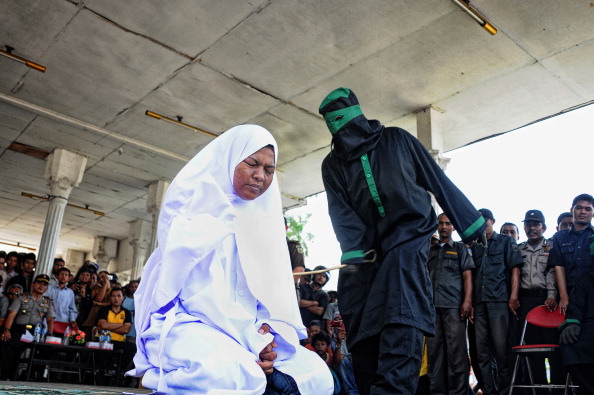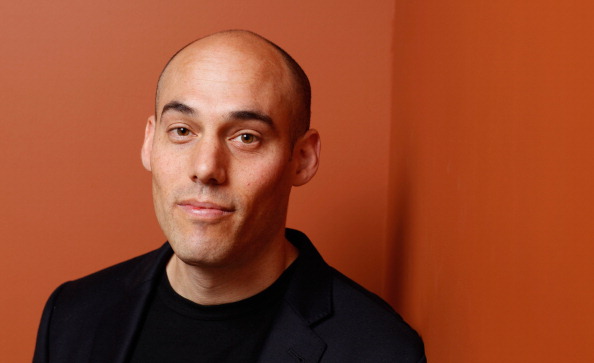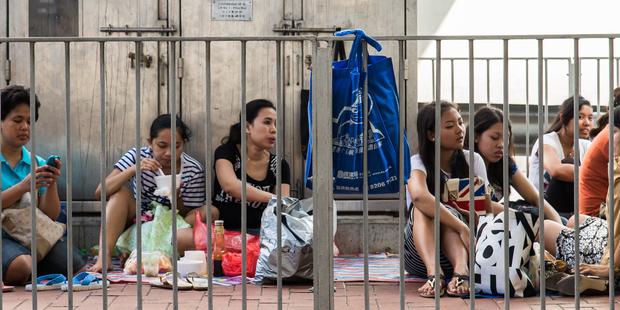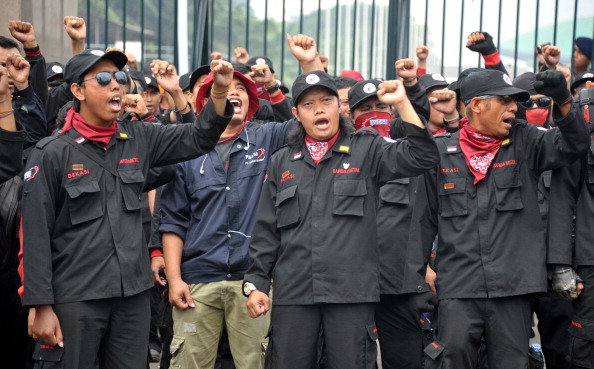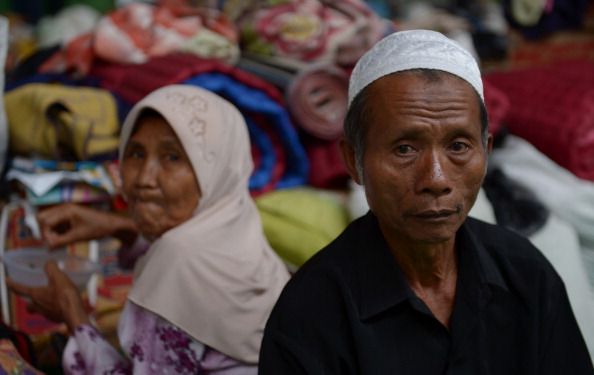
By Max White, Country Specialist, Indonesia and Timor-Lesté, Amnesty International USA
Indonesian authorities this week released Filep Karma from prison more than 10 years after arresting him for simply raising a flag. Amnesty International USA celebrates this long-overdue release of prisoner of conscience Filep Karma from Abepura Prison in Papua, Indonesia.
On December 1, 2004, police violently beat and stomped on Filep Karma, after arresting him for leading a peaceful ceremony which included raising the Morning Star flag, a Papuan symbol. He was (and is) a prominent advocate for the rights of Indonesia’s Papuan population. SEE THE REST OF THIS POST
